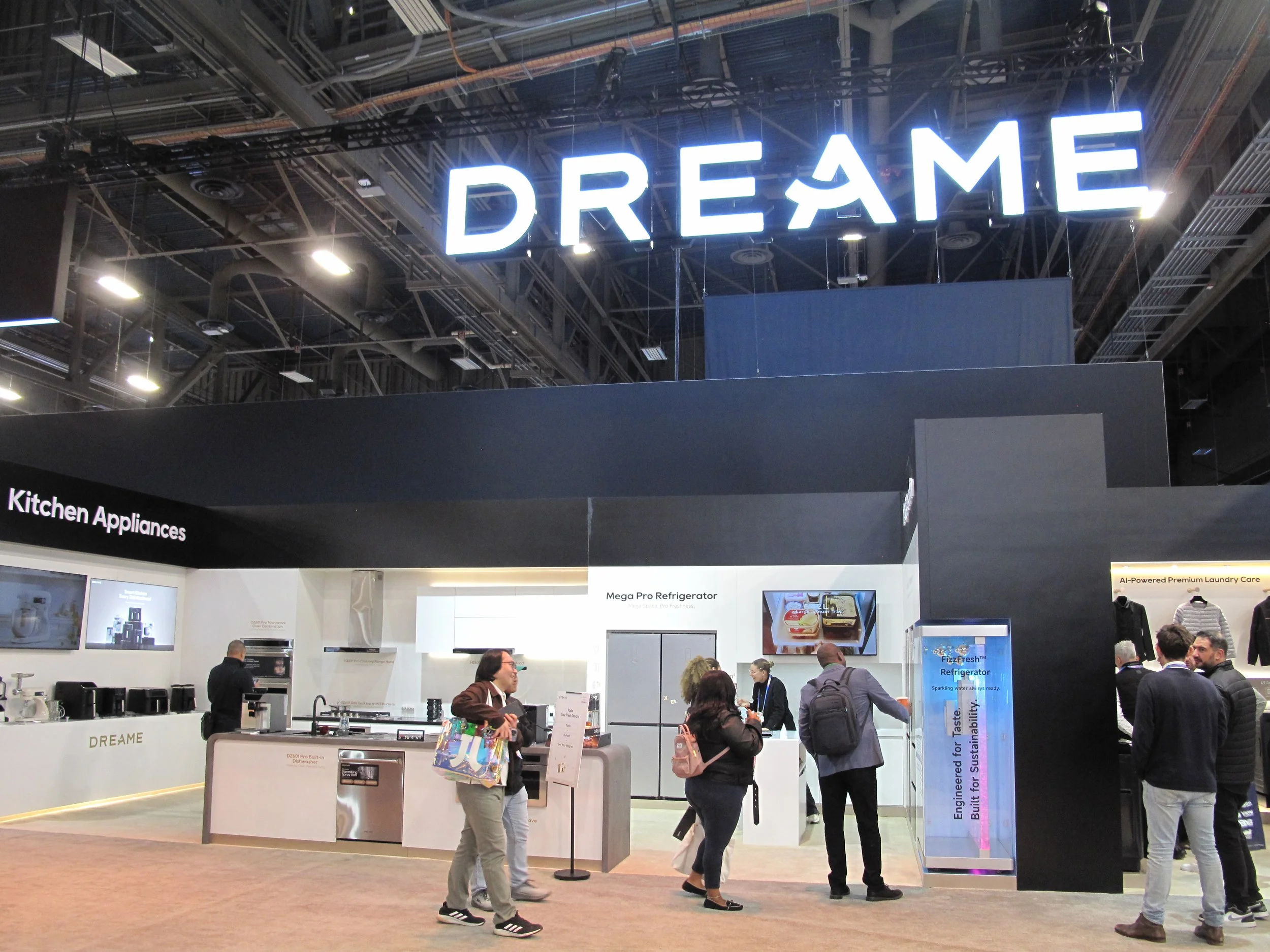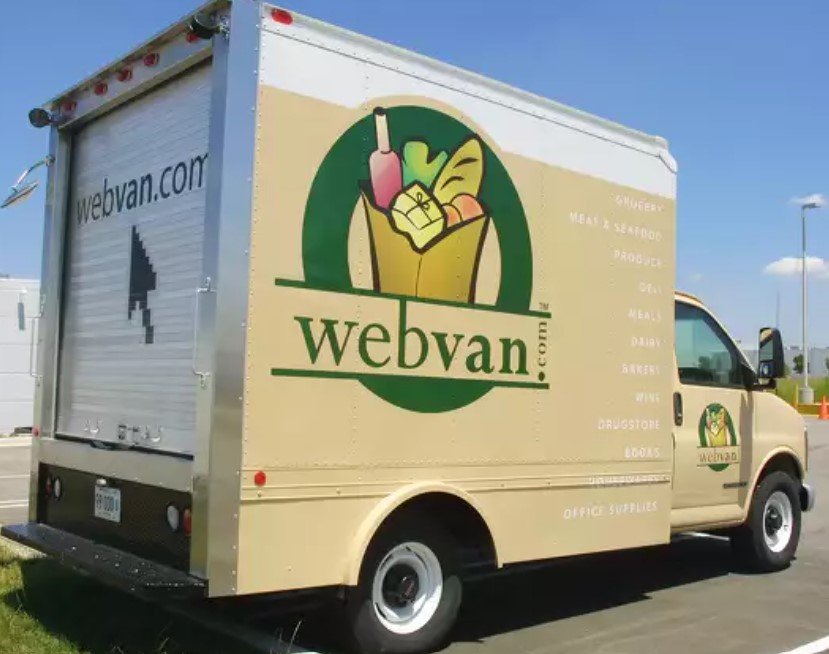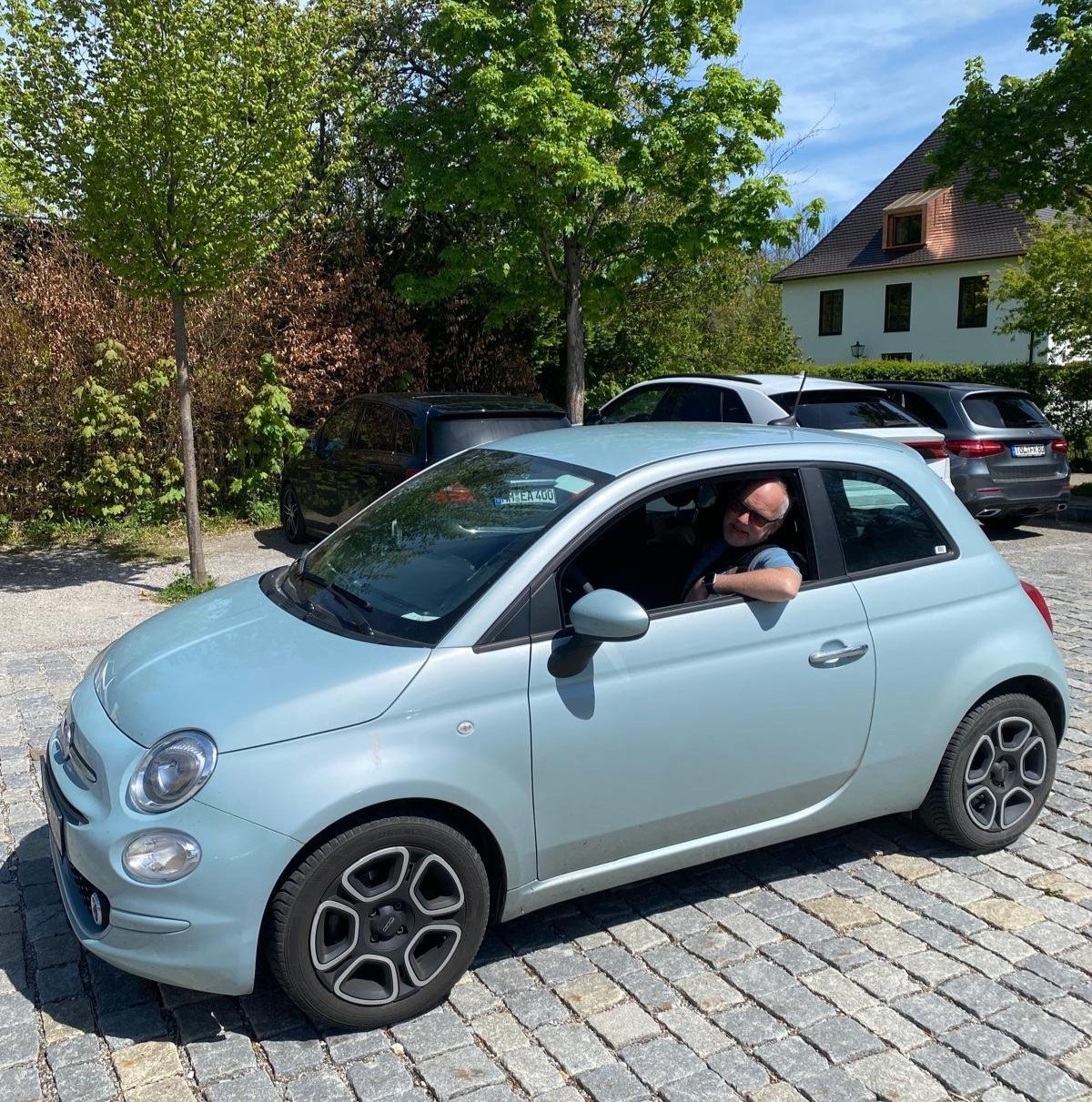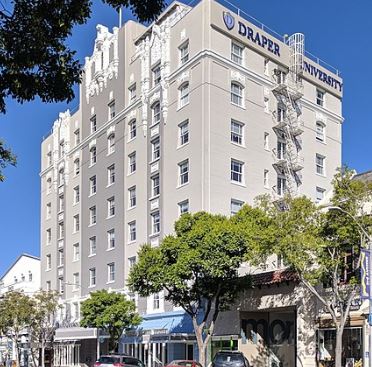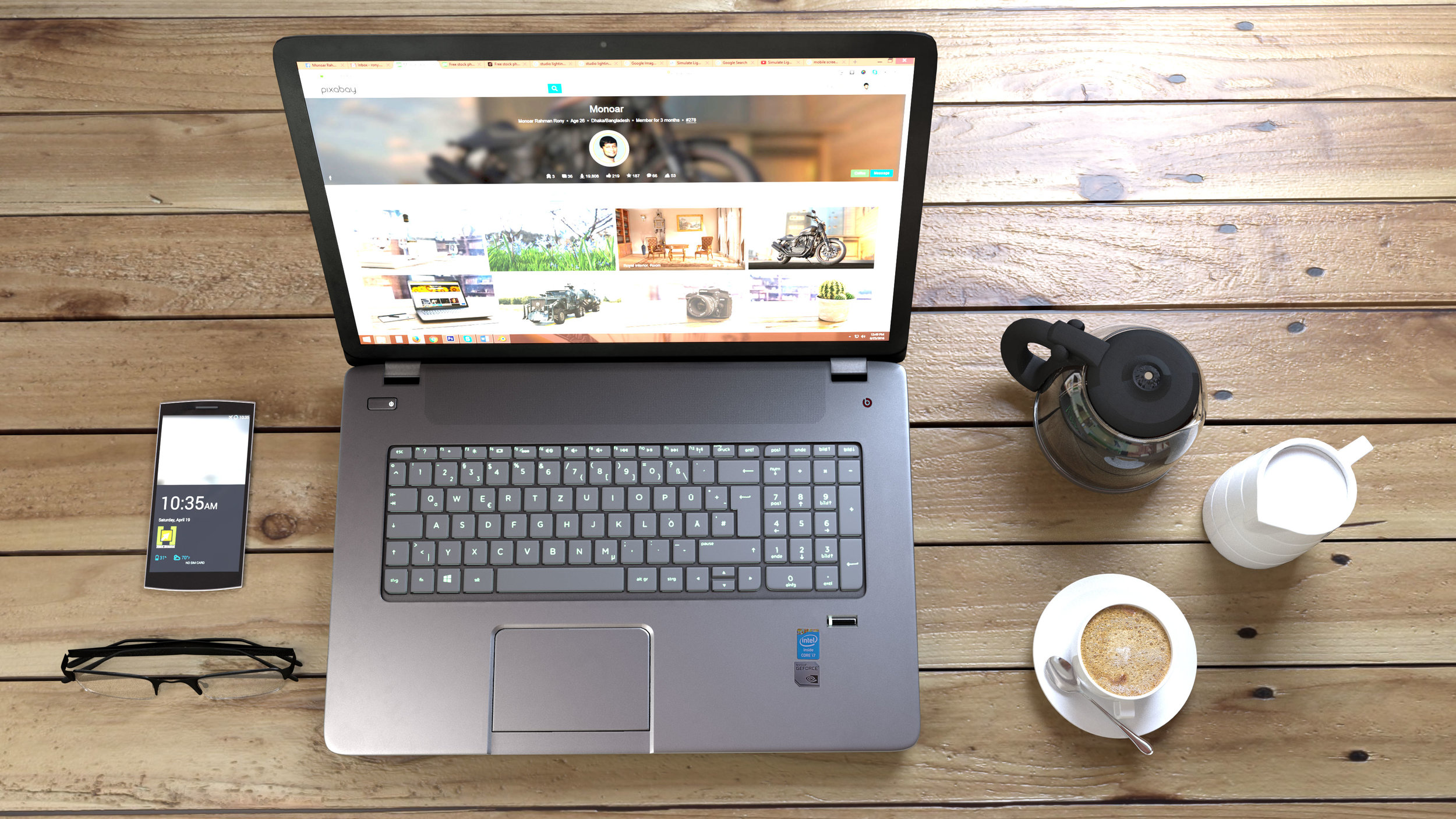Our AI Overlords Are Here – And We Feel Fine
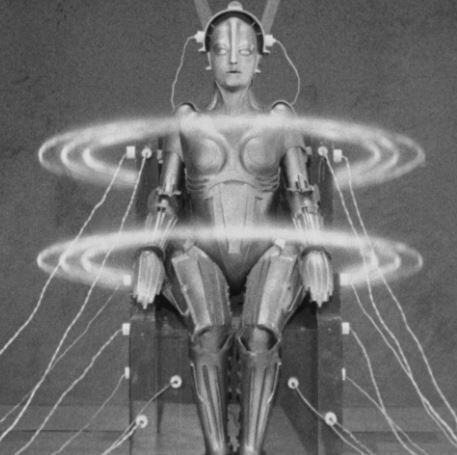
The long-predicted dystopian future of work has arrived – instead of human bosses, many workers are now monitored and directed by an AI algorithm. Think Amazon warehouse workers, Uber drivers, DoorDash delivery workers, and the army of support workers for companies like Zipcar and Bird.
But it’s not just the manual workers that are being directed by a central computer. I have made it a habit to use Google Maps whenever I drive – primarily to give me a heads up for traffic issues down the road and suggest alternate routes. My Google News, Facebook, LinkedIn, and Amazon feeds are all driven by software algorithms, and I dutifully stand up every 50 minutes past the hour because my Apple Watch tells me to.

Is this development really dystopian? Humans seem to like being managed by an artificial intelligence. After all, the computer has access to more data and will implement its directives more fairly than your average human boss – whose decision-making abilities are affected by lack of sleep, indigestion, anxiety-driven mood swings, hubris, favoritism, nepotism, etc. Indeed, drivers for Uber and Doordash generally like their jobs. “I would never go back to delivering for restaurants, “ says Mengba Lee, 58, a Chinese Immigrant who now makes deliveries for Caviar and Postmates in a recent NYT article.
But then there is the recent episode on HBO’s Last Week Tonight, that digs into the travails of working at an Amazon Warehouse. At first glance, Amazon Warehouse jobs seem like a step above the “gig economy” jobs offered by Uber or Doordash. The Amazon positions are full time and offer comprehensive benefits. But once workers punch in for the day, they are ruled by a relentless productivity algorithm, offering virtually zero freedom and, some claim, not even enough time to visit the restroom. That warehouse job does sound dystopian. For 8 hours, you walk around with a handheld monitor that tells you where to pick the next product, giving you a count-down timer to get there. Essentially, each day you become a physical extension of a computer program.

The gig-economy jobs are different. Control is key. Sure, the computer doles out the jobs, but the worker stays in control. He/she can check in and out of the application at any time, and there is also a way to accept or reject specific job assignments. Want to take a 2-hour lunch break? No problem. How about stopping to chat for 15 minutes to talk to a colleague? That works too. Or maybe you need to work around childcare issues or a community college class schedule that changes daily? The Uber app lets you accommodate. “The best thing about this job is freedom,” says Bahadir Rozi, a 29-year-old from Uzebekistan.
OK, I admit it, I cherry-picked these quotes from the article, making it sound like the New York Times endorses the gig economy. Actually, the author was trying to make the opposite point - that's the usual media angle. I do agree that the unicorn startups in this space could share more of the wealth created by their independent contractors. But don’t blame our AI overlords – they make pretty good bosses most of the time.
Read More Blogs in Our Archive:
